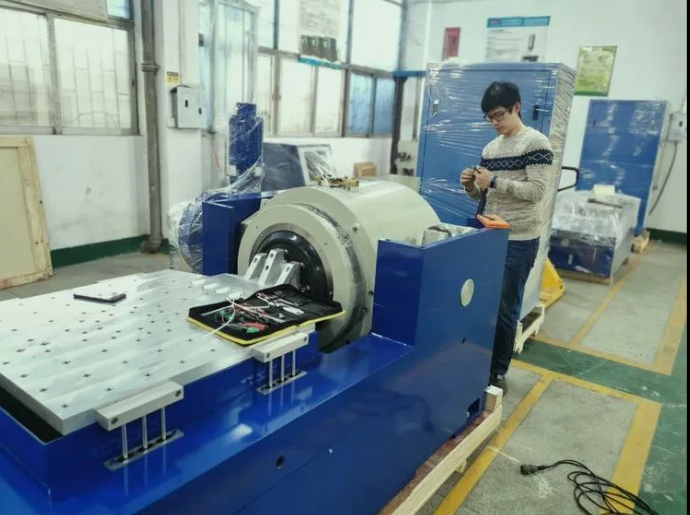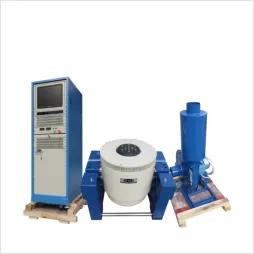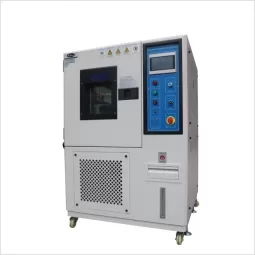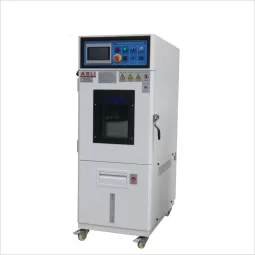High Frequency Vibration Test System: A Complete Guide
What Is a High-Frequency Vibration Test System?
A high-frequency vibration test system, also known as an electrodynamic shaker, simulates vibrations that products may face during transportation, daily use, or harsh environments. It ensures the durability and reliability of electronics, automotive parts, aerospace components, and more.
These systems generate precise, controlled vibration profiles across a wide frequency range, typically from 5Hz to over 3000Hz.

ASLI electrodynamic shaker
High-Frequency vs. Low-Frequency Vibration Systems
| Feature | High-Frequency (Electrodynamic) | Low-Frequency (Mechanical/Hydraulic) |
|---|---|---|
| Drive Type | Electromagnetic or Servo Motor | Eccentric Motor or Hydraulic |
| Frequency Range | 5Hz – 3000Hz+ | 1Hz – 200Hz |
| Control Accuracy | High | Moderate to Low |
| Noise Level | Low | High |
| Programmability | Strong | Limited |

What Can Be Tested Using High-Frequency Vibration Equipment?
Automotive parts – connectors, ECUs, sensors
Aerospace hardware – satellite modules, avionics
Consumer electronics – PCBs, batteries, phones
Medical devices – monitors, enclosures
Packaging – drop, impact, and ISTA transport simulation
Key Parameters to Consider When Choosing a Vibration System
Thrust Force (kN): Determines the max payload capacity.
Frequency Range: Should cover your test standards.
Max Acceleration (g): Some tests require 50g or more.
Axis of Excitation: Vertical only or vertical/horizontal with slip tables.
Waveform Control: Sine, random, shock, or mixed profiles.
Cooling Method: Air-cooled or water-cooled for long-duration testing.
Common Test Standards Supported
IEC 60068-2-6 – Sine vibration testing
MIL-STD-810H – Military vibration standard
GB/T 2423.10 – Chinese sinusoidal test standard
ISTA Series – Transportation simulation testing
Common Mistakes to Avoid When Buying
Over-specifying thrust: More power isn’t always better.
Ignoring cooling systems: Especially for long or continuous testing.
Choosing by price alone: Cheap systems may lack precision, software, or support.
Is a High-Frequency Vibration Test System Right for You?
You should consider a high-frequency vibration test system if:
You work in electronics, automotive, or aerospace sectors
You need to meet IEC, MIL, or ISTA standards
You require programmable, high-precision waveform control
You test lightweight or sensitive components
ASLI offers customized electrodynamic vibration test systems built to international standards. Contact us to learn more about our high-performance, globally supported solutions.

high-frequency vibration test system
electrodynamic shaker
Vibration test for automotive components
random sine shock test
How to choose a vibration test machine












